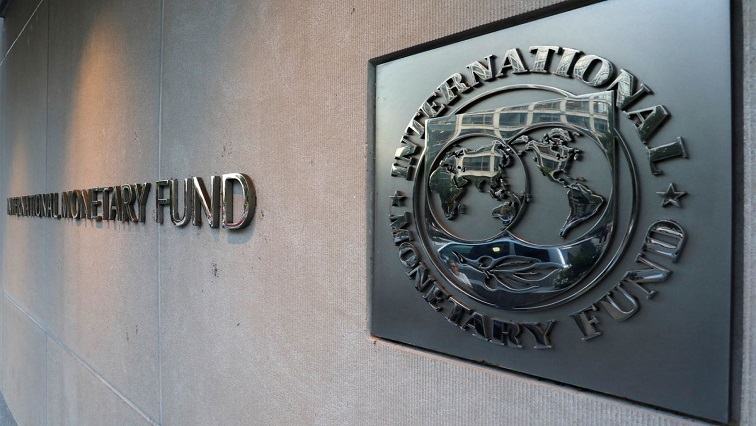The International Monetary Fund (IMF) has approved a new disbursement of $181.7 million to Rwanda following the completion of its latest review of the country’s economic programs.
The approval comes after a two-week IMF mission to Rwanda in October, which assessed the nation’s progress under several financial frameworks, including the Policy Coordination Instrument (PCI), the Resilience and Sustainability Facility (RSF), and the Standby Credit Facility (SCF).
In a statement released December 13, the IMF highlighted Rwanda’s economic resilience despite external challenges. The country’s growth has been driven by strong performance in the services and construction sectors, as well as a rebound in food crop production.
The IMF projects Rwanda’s economy will grow by 8.3% in 2024 and 7% in 2025, slightly down from 8.2% growth in 2023.
“While fiscal consolidation may moderate near-term growth, a recovery is expected in the medium term,” the IMF said.
Inflation in Rwanda has stabilized at around 5% this year, within the central bank’s target range, due to tight monetary policies and favorable food price developments.
Despite a larger-than-expected widening of the current account deficit in 2024, driven by imports of capital goods, the IMF expects Rwanda’s international reserves to remain adequate, covering about 4.5 months of imports by year-end, including the RSF disbursements.
The IMF emphasized the need for Rwanda to focus on fiscal sustainability and strengthen policy buffers to ensure long-term economic stability. It specifically noted that boosting domestic revenue will be crucial to provide the government with more flexibility to respond to economic shocks and meet development goals.
The fund recommended broadening the tax base, reducing exemptions, and improving tax compliance as key steps in mobilizing more domestic revenue. It also urged continued efforts to rationalize government spending and address fiscal risks posed by state-owned enterprises.
In terms of monetary policy, the IMF called for measures to maintain inflation control and allow for exchange rate flexibility to better absorb external shocks.

